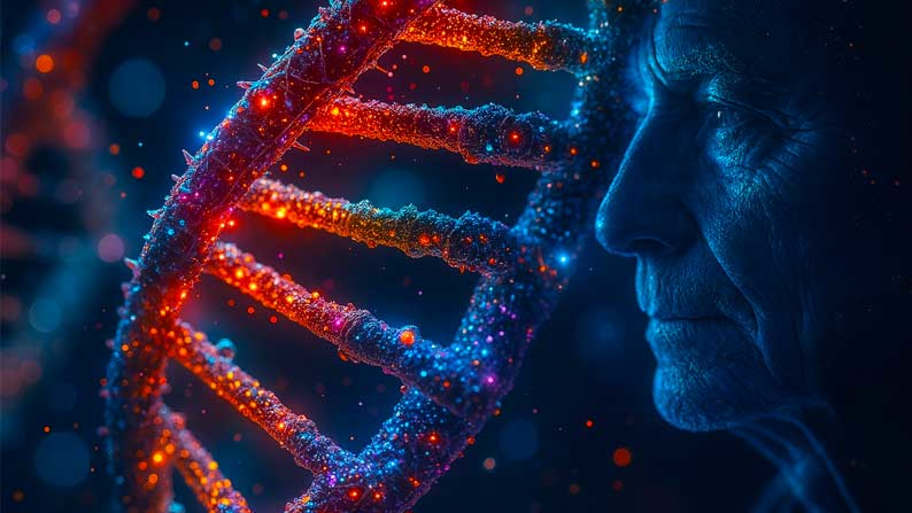The Surprising Role of Psilocybin in Athletic Longevity
For the everyday athlete, longevity is more than just living longer; it’s about staying sharp, strong, and active for as long as possible. And now, a surprising player may be joining the performance and recovery conversation: psilocybin, the active component in psychedelic mushrooms.
This isn’t a call to skip your rest days or abandon your training routine. However, a new preclinical study has shown that tiny, carefully timed doses of psilocybin may help slow down cellular aging. This research from Baylor College of Medicine opens up new possibilities for athletes looking to maintain their physical and mental edge over time.
Tolong support kita ya,
Cukup klik ini aja: https://indonesiacrowd.com/support-bonus/
In the study, researchers gave older mice low, intermittent doses of psilocybin. The results were striking: longer telomeres (a marker of cellular youth), fewer DNA breaks, and an 80% survival rate in mice that were the biological equivalent of 75-year-old humans. The mice didn’t exhibit behavioral changes, indicating that the benefits weren’t tied to being in an altered state. Their cells just started performing better.
Psilocybin seemed to activate longevity pathways tied to mitochondria and sirtuins, particularly a protein called SIRT1 – something also boosted by fasting and exercise. Oxidative stress, which can accelerate aging, was also effectively controlled. These findings suggest that psilocybin could have a significant impact on how the body ages at the cellular level.
Even human skin cells got a boost in the lab. When exposed to psilocybin’s active form, they outlived their untreated twins by more than 50%. That kind of resilience has significant implications—not just for how we appear as we age, but also for how we perform.
While these results are promising, the science is still early. The study hasn’t been replicated in humans, and questions about long-term safety, ideal dosing, and individual differences remain unanswered. So, mushroom gummies won’t be replacing your multivitamin just yet.
However, if these results apply to humans, it could alter our understanding of recovery, endurance, and aging. Imagine a future where a natural compound not only boosts your mindset but also strengthens your cells from the inside out, without burning out your system.
For athletes—whether weekend warriors or marathoners alike—this matters. Staying active longer isn’t just about muscle and motivation. It’s about biology. If something like psilocybin can help preserve the body’s internal clock and energy systems, it could become a powerful tool in the long game of wellness and performance.
While this has the potential to be groundbreaking, my advice remains the same: lift weights, eat well, reduce stress, sleep, and build a large aerobic base. These foundational elements are still essential for maintaining peak performance and overall health.
Aging is inevitable, but how you age is the primary question that needs to be addressed, and that remains up for debate. The role of compounds like psilocybin in this equation is still being explored, but the possibilities are intriguing.
As research continues, the intersection of neuroscience, biology, and athletics will likely reveal more about how we can extend our active years. For now, the message is clear: stay informed, stay committed, and keep pushing the limits of what your body can achieve.







